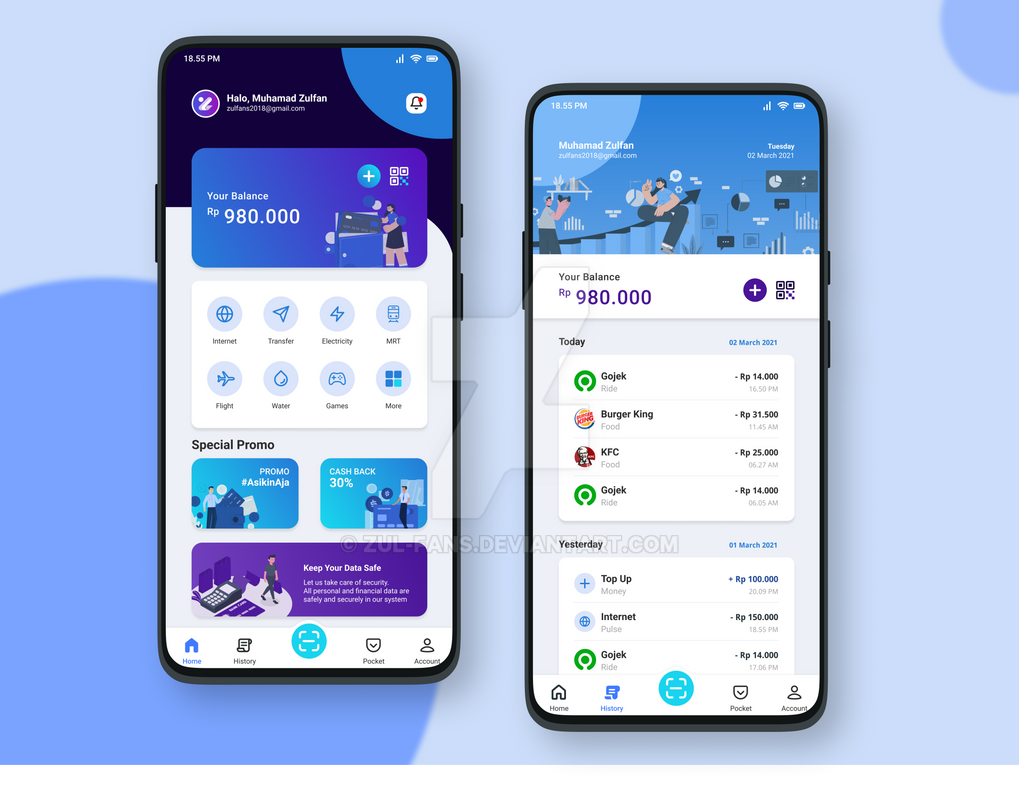About the Project
A leading fintech company sought to revolutionize its digital payment processing capabilities. The goal was to enhance their current system to handle high transaction volumes in real-time, support multiple currencies, and incorporate robust fraud detection mechanisms. QSoft delivered a comprehensive solution designed to elevate the client's digital payment processing capabilities. The primary focus was on real-time transaction processing, multi-currency support, and advanced fraud detection.
Technologies
Backend
Programming Languages: Java, Python Frameworks: Spring Boot, Django Architecture: Microservices Database: PostgreSQL, MongoDB Messaging Queue: RabbitMQ Frontend Frameworks/ Libs: React.js, Redux Programming Languages: JavaScript, TypeScript DevOps Containerization: Docker Orchestration: Kubernetes CI/CD: Jenkins, GitLab CI Monitoring: Prometheus, Grafana Cloud Services: AWS (Amazon Web Services) Security Tools: OWASP ZAP, Snyk Protocols: OAuth 2.0, JWT Fraud Detection Machine Learning: TensorFlow, Scikit-learn
